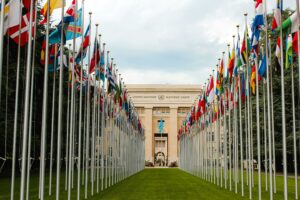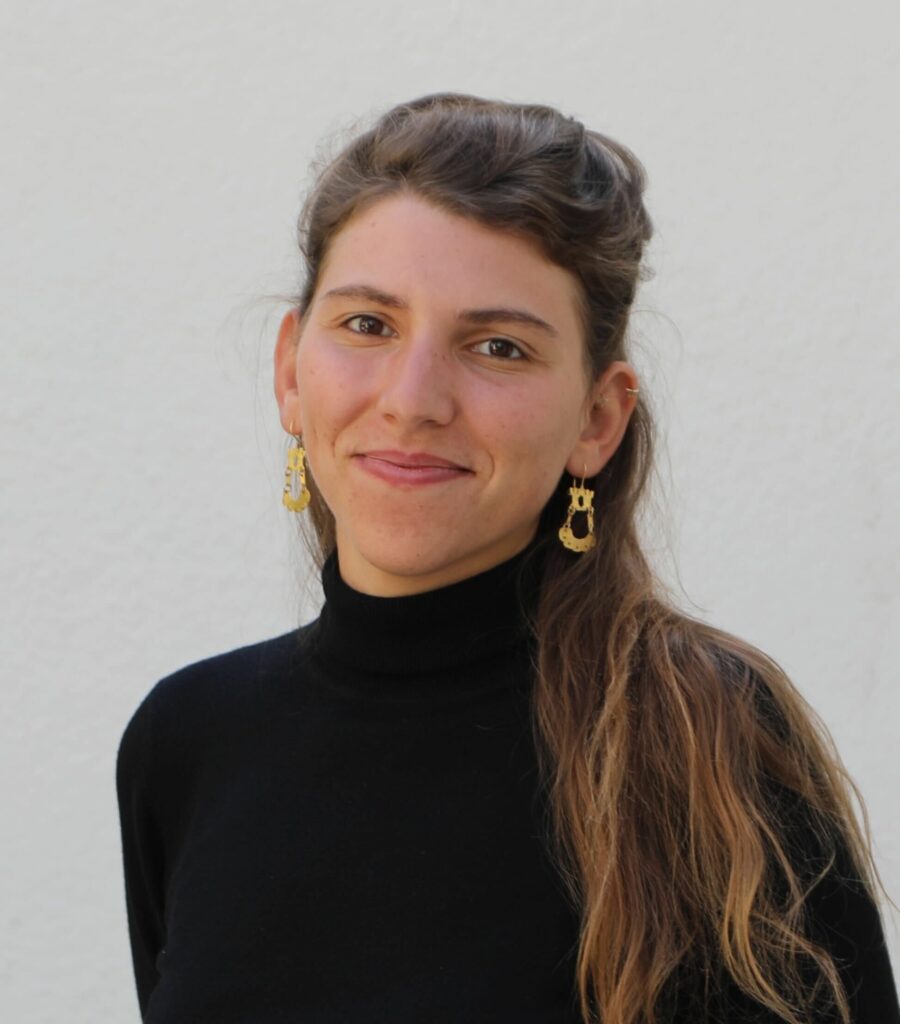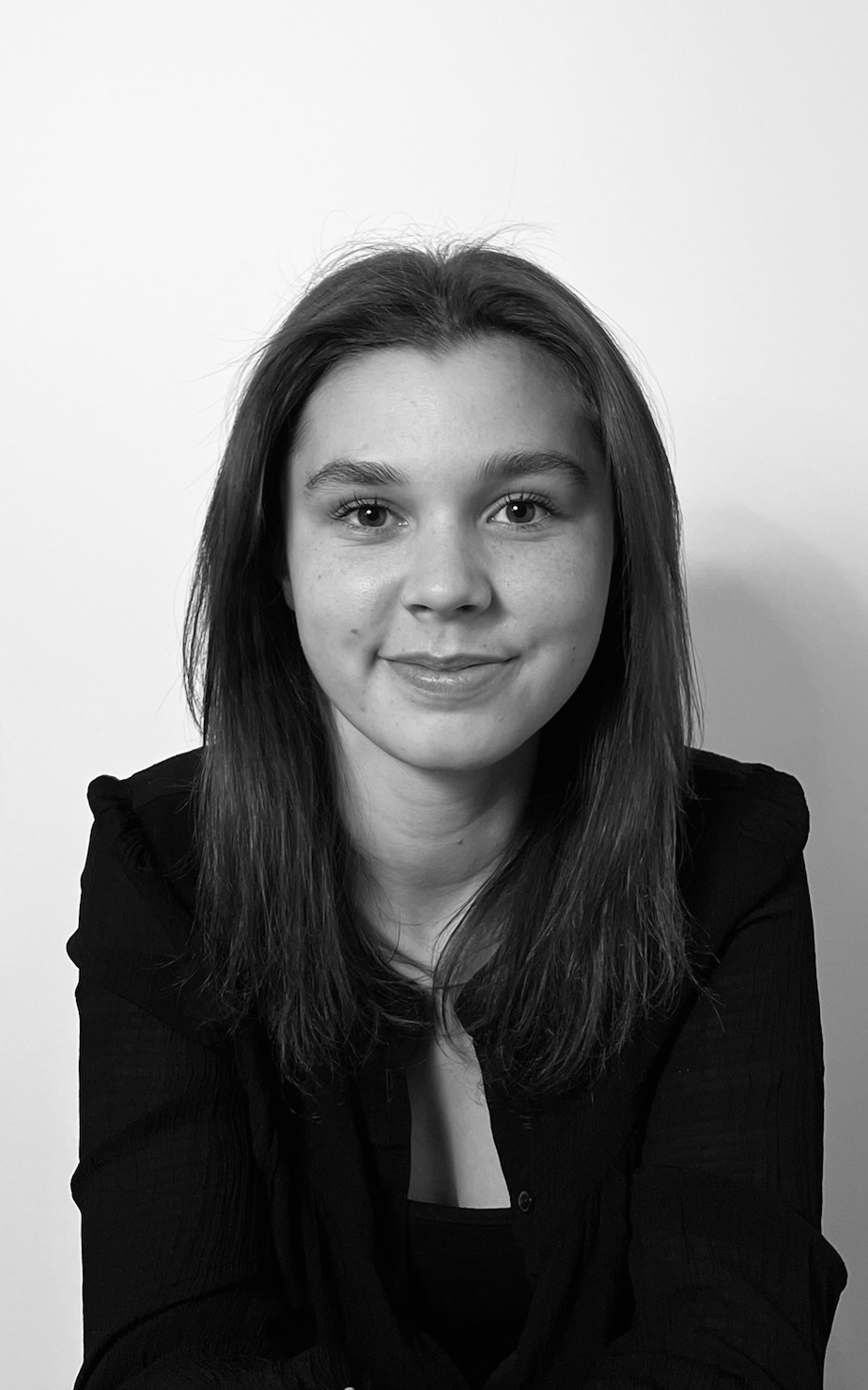GenSouth is a unique opportunity for active and young professionals from think tanks based in Global South countries to experience and shape the vibrant heart of International Geneva. This programme, promoted by foraus, engages participants to lead insightful discussions and give their perspective on the multilateral universal system. Providing a platform for meaningful collaboration, GenSouth aims to generate concrete policy ideas and recommendations that will serve as a compass for the future(s) of multilateralism.

Context
The development of joint responses to global solutions needs a result-oriented multilateralism. Multilateralism, however, is under pressure and new momentums as well as reforms are necessary for it to deliver.
Also concerned with the current functioning of the UN, Global South countries’ perspectives on multilateralism are generally not well-known in global fora – calls to reform the UNSC P5 set aside. Given the deadlock on this latter issue, the formulation of other policy recommendations reflecting Global South perspectives and realities–featuring concrete use cases and tried-and-tested good practices would be a much-needed contribution to the current policy debates on the future of multilateralism. Such an output, elaborated within International Geneva, would also help reduce the gap between those countries and the current multilateral system, therefore serving multilateralism interests and values.
Project Description
GenSouth is a programme comprising an annual cohort of about 15 academics and think tank researchers from Global South between the ages 20-35 to exchange on the multilateralism of the future. The physical exchanges are organised in Geneva by foraus thereby connecting the participants to a variety of local and international stakeholders. .
The programme has three goals:
1. To connect thought leaders, establish trust among them, and support them in building a long-lasting network;
2. To provide a space to sketch out and put forward proposals for the multilateralism of the future, entirely from individuals whose perspectives are underrepresented or ignored in international debates;
3. To create new partnership opportunities amongst less heard experts and stakeholders of the International Geneva.
The meeting in Geneva will produce a comprehensive Project Brief comprising concrete policy ideas and recommendations written by the participants. These proposals will advocate from a Global South perspective. The publication and dissemination of the report will be shared within 3 to 4 months after the edition concludes.




